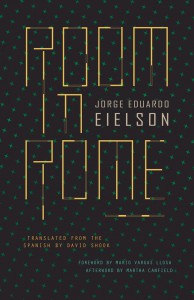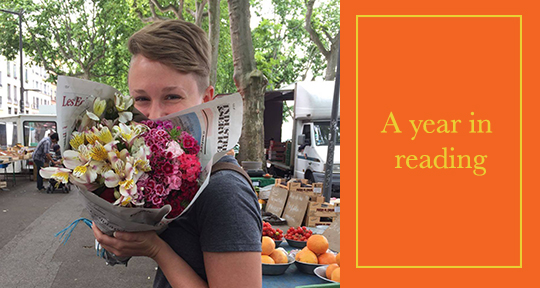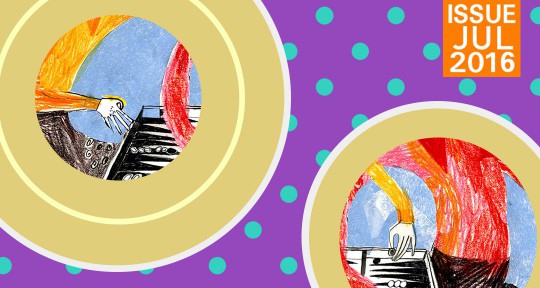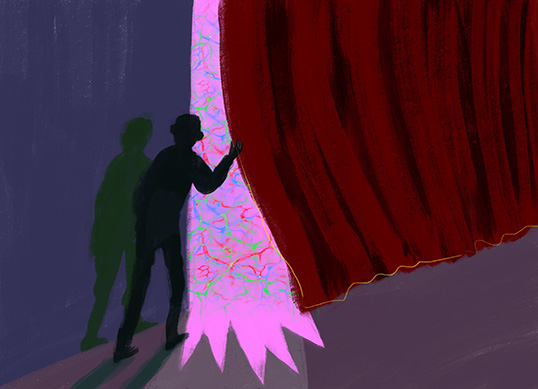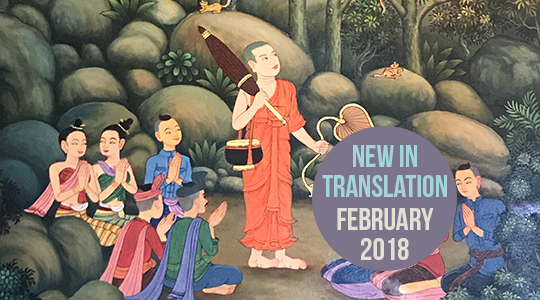After our first mention in The New York Times in June 2015 (which merely notes that there is a real-life counterpart to the journal by the name of “Asymptote” in Alena Smith’s drama), April 2016 sees our second mention and two key members stepping down. The departure of Senior Editor Florian—a friend from my time at The New School whose support has been a great source of strength for me, personally—is a great setback. But April 2016 also ushers in our first-ever monthly report, a two-page summary of each month’s activities which I’ll make available to the public for the first time here. Designed by Theophilus Kwek to be easily skimmed, this internal report not only records Asymptote‘s progress across the board each month, but also represents my commitment to transparency of the magazine’s financials. After all, as any serious dieter knows, tracking stats that matter is the way to go. A quick glance reveals that we spent $1,798 (all figures in USD) in total over April, while only $247 has come in through small donations and the sale of one publicity package. This means that over the month of April, Asymptote has bled $1,551 (which I cover either with funds previously raised or out of my own pocket). For the first three monthly reports (i.e., from April to June 2016), these figures do not yet include wages for Asymptote‘s only full-time team member (i.e., me). It is only in July 2016, exactly six years after I conceived the journal and opened a tab in my name that would add up to 70,000 USD while also foregoing a full-time salary all these years, that I begin to stipulate my own remuneration. This obviously doesn’t change the fact that monthly incoming funds are still a trickle compared to monthly outgoing funds, but at least it sets up a proper accounting as to how much I am being owed by my own organization. Here to introduce our Summer 2016 issue—possibly our most diverse ever, with 34 countries being represented and featuring additional translations into Albanian, Bengali, Chinese, Czech, Dutch, French, Greek, Japanese, Kannada, Korean, Persian, Portuguese, Slovak, and Tamil—is Assistant Editor Andreea Scridon.
What are our human perceptions made of? Water. Our nervous systems, the machineries of feeling, float in a quiet, dark world of water. Our most dramatic moments—at least in terms of development—take place in amniotic fluid. This quasi-godlike and continuous source of life is a trope that never runs dry. Yet in addition to its undeniable positive qualities, it makes for an inevitable metaphor for inner turmoil: after all, doesn’t turbulence stem from an aquatic scenario? The idea of fluidity, increasingly present in a contemporary world with an unstable future, further complicates things.
On the subject of “in-between times”, after finishing university a friend described herself as feeling as though she’d been soaked and left out in the sun to dry. Yet for a good writer (the kind I’d like to be), anxieties of this sort can acquire a kaleidoscopic quality on the page. How do we anchor ourselves to the world? How can we get past a feeling of being shipwrecked among the intensity of our selves? Can we even psychologically approach that which seems beyond our conception and our control? Finding myself too drenched by such ruminations to draw any conclusions, I turned to the varied readings of Asymptote’s Summer 2016 Issue. READ MORE…



